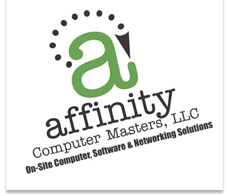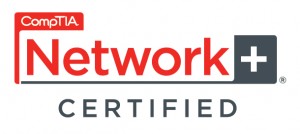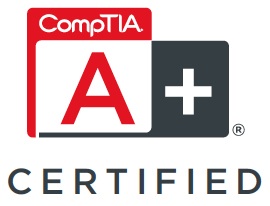The Speed of a PC
How fast is your computer? “It’s good enough for me”, you may say or “Its too slow.” What is speed and what controls it? Just for fun let’s compare some computers.
too slow.” What is speed and what controls it? Just for fun let’s compare some computers.
2 gigaFLOPS for a normal home computer
8 gigaFLOPS for a powerful office computer
10,000 gigaFLOPS for the K supercomputer (5 million times faster than the home computer).
FLOPS is a measure of how many calculations a computer can do in a second. The K computer is more commonly stated as running at 10 petaFLOPS (between peta- and giga- prefixes is tera- for one trillion).
So what does this mean? Well, any good IT person will tell you it means almost nothing to us average Joes and Josaphines. There are many factors that go into how fast a computer will behave for what you are doing. The scientist working on combustion simulations for a new rocket nosel may need the K computer. But, using that same computer to do a term paper could cause it to use a lot more processing power than your home PC would.
This is what many people find when they buy a PC. Lets say someone buys a PC that he thinks is fast: perhaps it has a big case, fast processor, lots of memory or hard disks space, what ever the feature is he keys on as making a computer fast. If that computer is not designed for his type of usage then for his usage the computer may be as slow as the one he previously had.
Also the raw speed of the computer is less a factor than our perception and expectations for the speed of a computer. I once developed a program to help analysts in a factory. This program did the work of some other programs and tedious evaluation by the analysts. My program produced a result ready for the analyst to use in five minutes. During training the main question was why was my program so slow?!
The perception was that my program had a big computer running it so that they should get results right away. The same goes for our computers. When we look at our phone, tablet and netbook computers we seem to expect performance in relation to their size. I see people patiently waiting for a response from their phone or tablet that would normally frustrate other people when they were on desktop PCs.
Then there is the confusion of what is the PC and what is the network. I remember a person who was looking for a faster computer. The computer was several years old, in good condition, just old. This person bought a new PC about ten times faster and ten times larger in every category. It had plenty to match the expressed goals: some typing, email and browsing the web and some longevity. A couple of days later this person complained about how slow it was. A house call solved the problem. The computer was slow only when using the web browser. The location only had dial-up capability. The computer could take 100 times the speed that it was getting but the network couldn’t provide it.
No mater how fast a computer is it can not force your cable or phone company to give you more data than for what you pay. Also, some people say their connection is slow even though they have high-speed Internet. They may be comparing their network to a neighbor’s. Not all high-speed connections are the same. If you have 1.5 mega-bits per second (Mbps) or even Kilo-bits you will not have the same performance as someone who has 10-20 Mbps. The difference is almost the same as the difference between dial-up and the 1.5 Mbps connection. The connection speed is usually on the phone or cable bill.
Expectation, perception and comparison can affect how you see the speed or your computer. When looking for improvements identify if it is the computer or the network that needs improvement. When buying be sure to know how you are going to use your computer and what kind of network you have.
Questions? Ask at info@affinityCM.com or IM me at kurtrr on skype. Your question may be in an upcoming blog/column.






Follow Us!